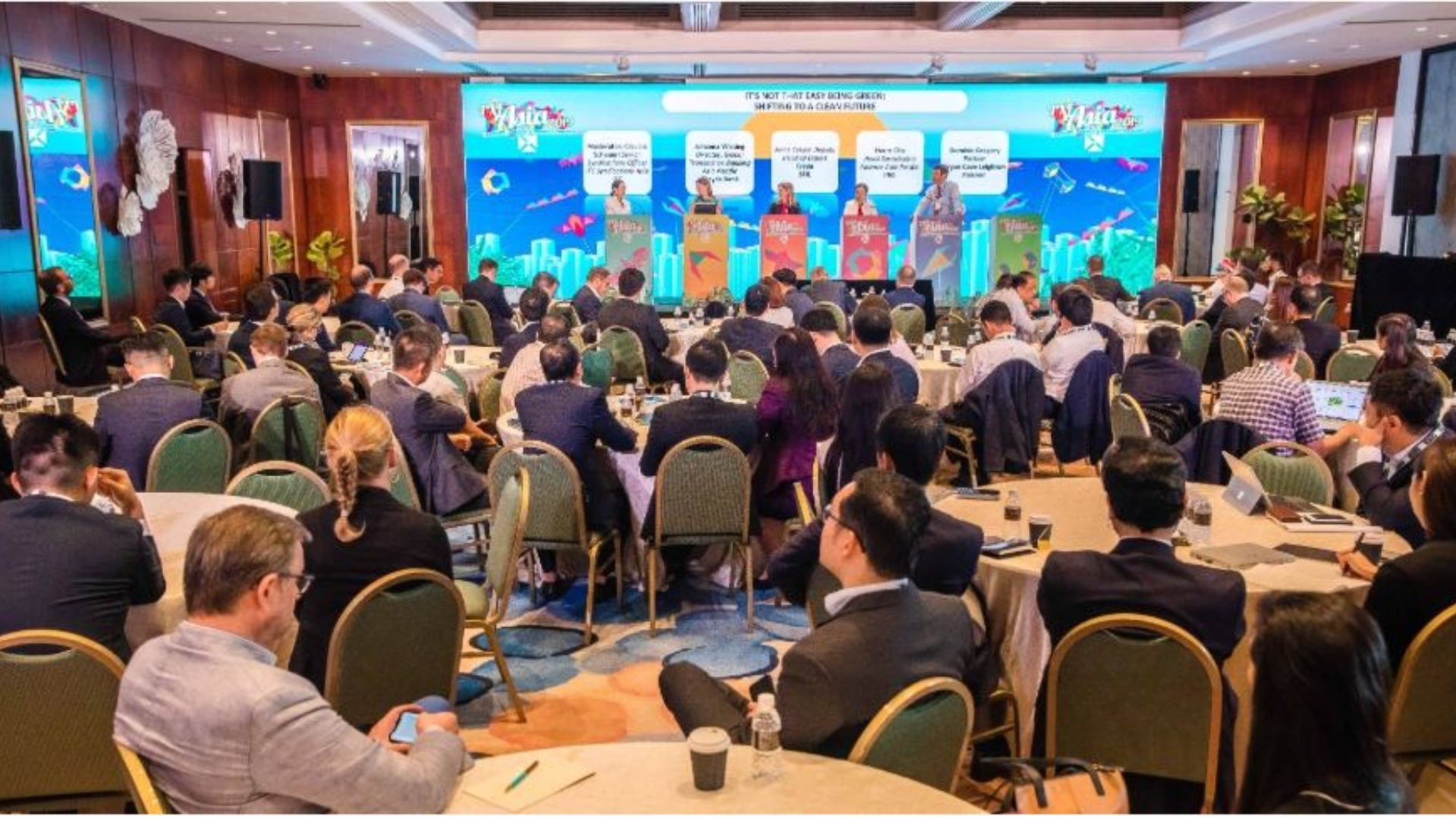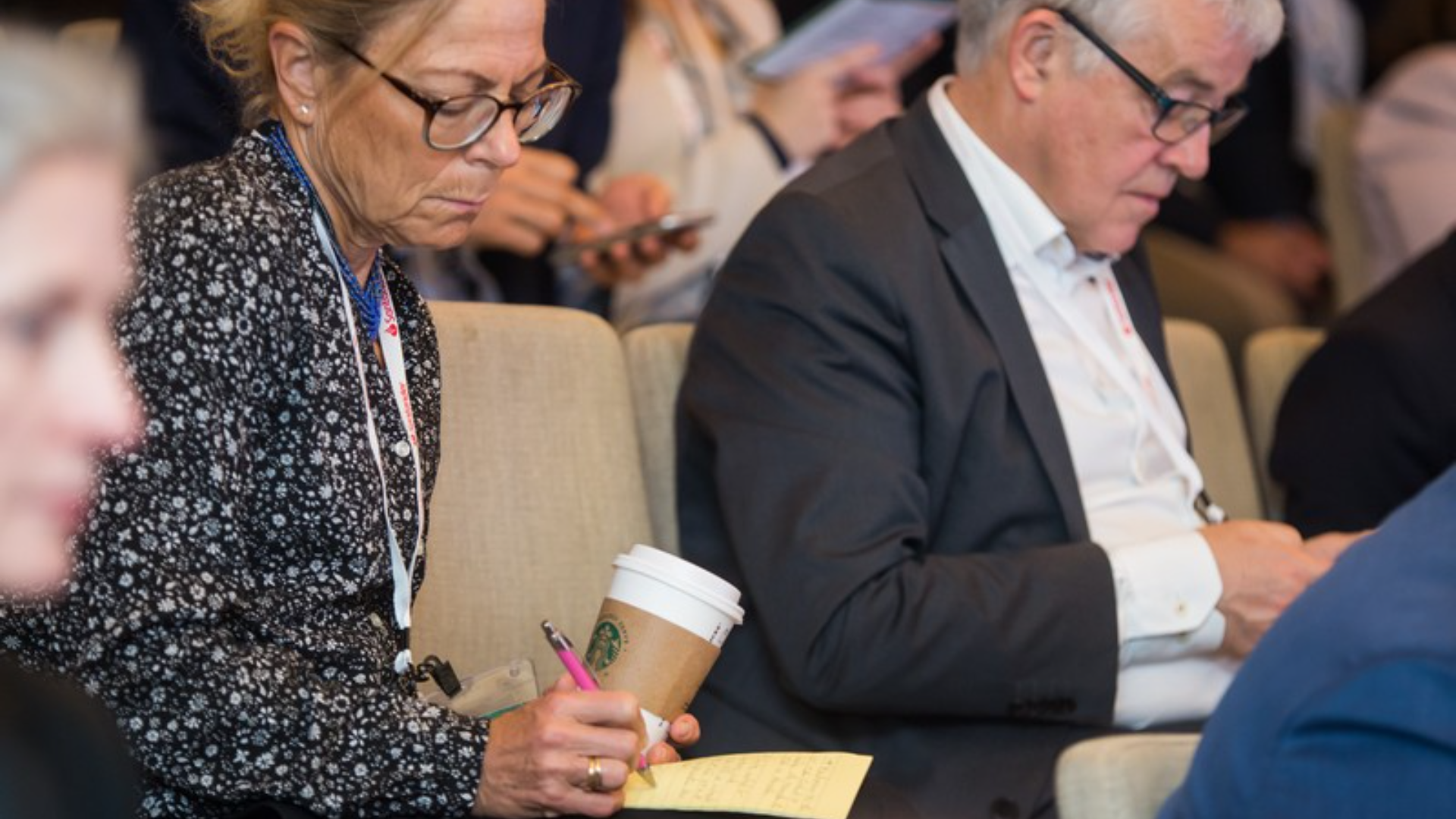SFIL
Meet at the event
Attend our sessions
Stream
We have spent a lot of time quibbling over taxonomies and criteria, but the export finance industry is now taking sustainability far more seriously: some organisations are even pledging up to $200 billion in sustainability-linked financing by 2025. In a shift from previous years, companies are increasingly looking at the carbon footprint or ‘green’ impact that their investments leave behind. To transform ambitious targets into reality, we have got to rethink how we incorporate sustainability into deal-making. We consider how to make this happen:
- We will need to diversify our sustainability portfolio to meet ambitious targets. Which industries should we be considering outside the renewables space as potentials for sustainable investment? Do the answers lie in real estate and logistics companies looking to build warehouses and properties that meet international standards?
- How can we embed sustainability into financial structures as well as considering the types of projects we will and will not finance? Which sustainability-tied deals have emerged in the last year, and is a KPI-led incentive scheme the only option?
- Some countries, notably Indonesia, are still lacking the necessary frameworks to support ESGs. Has the attitude towards sustainability shifted enough in certain countries to see a significant difference?
- What needs to be done to move away from a world of ‘tick-boxing’ and into a market that takes sustainability seriously?





Stream
This panel will provide vital updates to export and project finance professionals in the region. Much has occurred since 2020 kicked off. Clients have called for greater flexibility from their home country ECAs to remain competitive and continue projects that have been put on hold. We will zoom into the differences between OECD and non-OECD bound ECAs levels of inventiveness and investments in technological innovation. How can those ECAs bound to the OECD consensus provide a more flexible product offering? Will the increase in ECA financing match that of the post-recession in 2008/09? That changes have been made to their product offerings? Are ECAs able to continue offering the longer tenors their competitors are unable to?





Stream
In June we gathered to discuss the world of export finance, most of us working from home due to Covid-19, under the assumption that we would meet physically this October. With the World Health Organization citing up to two years until the pandemic subsides, we need to evaluate our initial responses and prepare ourselves for the years to come:
- How can we better respond to the challenges facing new business origination?
- Clarity, communication, speed of execution is key – what can we learn from digital transactions that have closed?
- Evaluating the success of payment deferrals, waivers, concessions, debt restructuring and policies that have worked to ease working capital challenges for corporates
- How have banks and ECAs responded to the needs of sectors most impacted by Covid-19? And with the pandemic ensuing how long can sectors such as cruise and aviation hold out?
- With uncertainty of the level of 100% financing available how can we club together to ensure we bring more projects over the line? How can we stop bottlenecks and delays?
- Co-financing – will we see an increased convergence between ECAs and development banks to ensure more projects are financed? How will this effect eligibility criteria? What’s the role of commercial banks?
- Will we see increased liquidity and flexibility, standardisation and co-operation between ECAs to create simplicity and uniform products?
- Are we seeing a decrease in CPRI market capacity impacting banks’ ability to price and provide commercial loans? How is bond market volatility creating further complications?
- Will government need to increase funding to support ECAs, and what else can they do to help?
- How and when will we convene to modernise the OECD Consensus and can Covid-19 be an accelerator for change? What are the most pressing changes needing championing?








